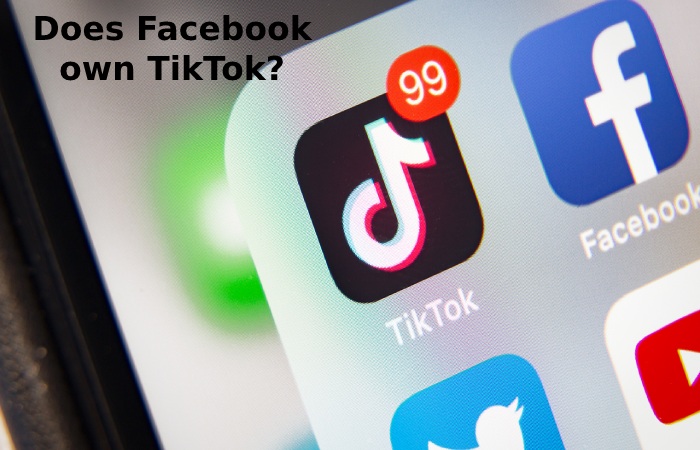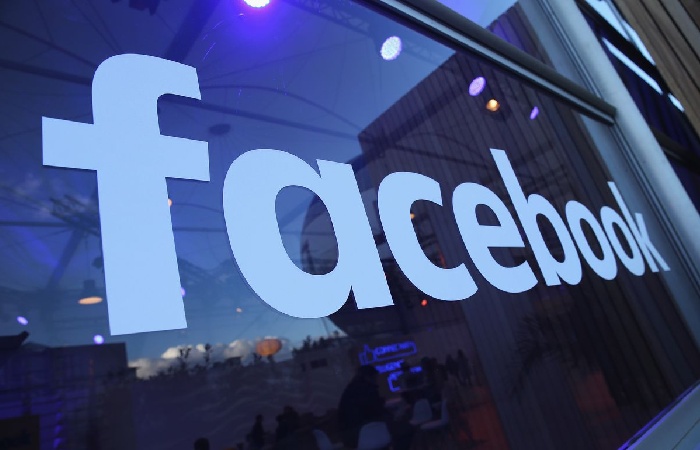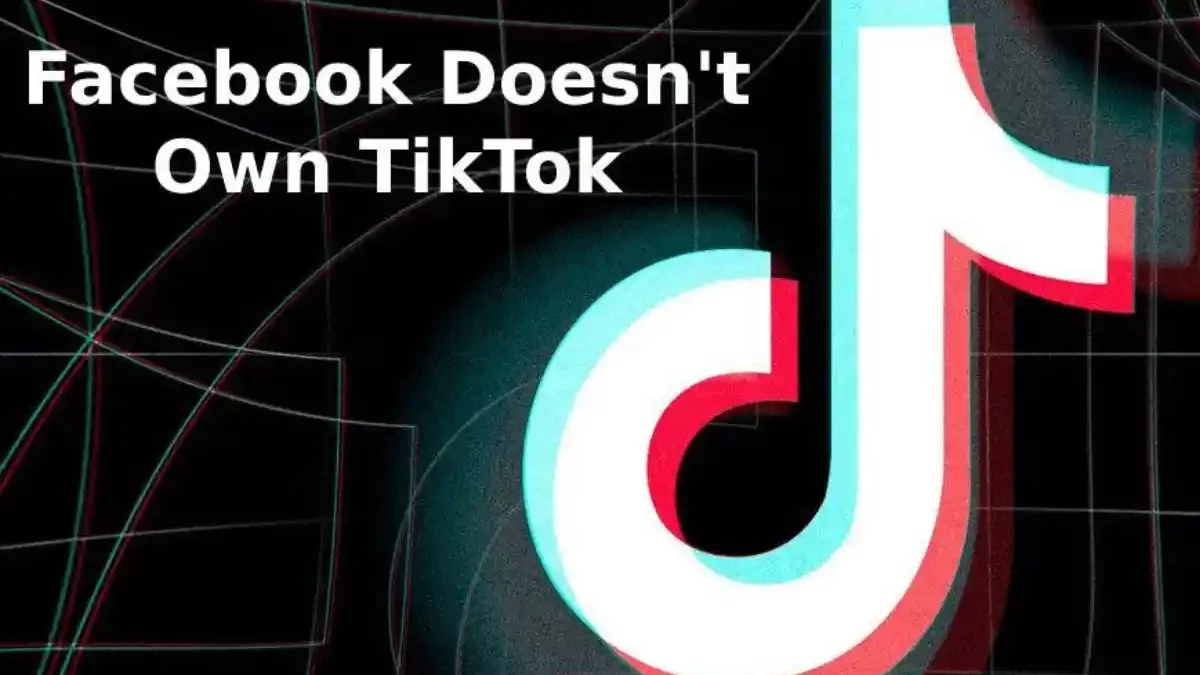Table of Contents
Introduction
Facebook Doesn’t Own TikTok – TikTok, well-known in China as Douyin, is a video-focused social networking service owned by ByteDance Ltd. TikTok is an international version of Douyin initially launched in the Chinese market in September 2016. It hosts a selection of short-form user videos, from genres like pranks, tricks, jokes, dance, stunts, and entertainment with durations from 15 seconds to three minutes. TikTok launched in 2017 for iOS and Android in most markets outside mainland China; however, it only became available worldwide after merging with another Chinese social media service Musical.ly on August 2, 2018.
TikTok and Douyin have nearly the same user interface but do not have access to each other’s content. Each of their servers is on the market where the respective app is available. Both products are similar, but the features are not identical. Douyin comprises a video search feature that can search people’s faces to get more videos and other features such as shopping, hotel reservations, and location-based reviews. Meanwhile, its launch in 2016, TikTok/Douyin has quickly gained popularity in East Asia, Turkey, Russia, South Asia, Southeast Asia, the United States, and other regions. In October 2020, TikTok surpassed 2 billion mobile downloads worldwide.
Facebook suffered an outage on October 4, affecting millions of users worldwide. The social media company’s growing clout has made regulators apprehensive, and many have been calling for breaking up the social media giant.
Does Facebook own TikTok?
 Chinese tech companies have been facing regulatory examination. Although Facebook is a U.S. company, TikTok is a Chinese company. Facebook doesn’t own TikTok.
Chinese tech companies have been facing regulatory examination. Although Facebook is a U.S. company, TikTok is a Chinese company. Facebook doesn’t own TikTok.
The Chinese government has split down on its tech companies, which it has become too powerful and have too much data. Perhaps, the country went after ride-hailing company DiDi Global because it feared sharing Chinese citizens’ data with U.S. authorities.
Who owns TikTok?
It is a global version of the Chinese site Douyin, released to the Chinese market in 2016.
The TikTok app was out by the same developers in some parts of the world in 2017. However, it wasn’t available on iOS and Android worldwide until 2018, after ByteDance took over a similar app named musical.ly.
In November 2017, ByteDance paid an enormous sum to merge with musical.ly – a reported $1 Billion (£123 million) –a Shanghai-based start-up already popular with young music fans.
It’s one of the fastest-growing social media sites globally, with an estimated two bn downloads worldwide as of October 2020.
Who owns TikTok U.S.?
Afterwards, Donald Trump cracked down on TikTok and threatened to ban it, citing national security worries. The Trump administration helped broker a deal under which Oracle and Walmart were to take a stake in TikTok’s U.S. operations. Under the contract, Walmart would have the option to purchase a 7.5 per cent stake in TikTok Global, while Oracle could have bought 12.5 per cent. TikTok selected Oracle as its cloud technology partner in the U.S.
However, the agreement has been shelved under the Biden administration. From its onset, the deal looked uncertain—it was unlikely that China would have approved the forced sale of one of its home-grown tech companies to U.S. companies. Though it’s not threatening bans and tariffs as much as the Trump administration. The Biden administration hasn’t been soft on China—if anything, it’s hitting harder in certain areas, such as human rights.
Which companies does Facebook own?

Facebook doesn’t own TikTok, and considering the regulatory heat in the social media industry, it might never. It already owns WhatsApp, Instagram, and Oculus VR, which it acquired in 2014 for $2 billion. In 2013, it received mobile web analytics company Onavo, and in 2011, it acquired Beluga for an undisclosed amount.
TikTok Is the Major Cause of Facebook’s Decline
The picture is quite the opposite for TikTok in the quarters before Q2, 2022. According to Bloomberg, TikTok’s annual revenues were $4.6 billion in 2021, and they’re expected to reach $12 billion by the end of 2022. The Chinese-owned social video app also has a rapidly growing user count, as noted by Insider Intelligence.
These statistics have led many to speculate that TikTok is the primary reason for Facebook’s decline in revenue and user growth. And while correlation doesn’t equal causation, both companies’ relative success and failure appear to be connected.
TikTok owes much of its success to the recommendations algorithm it uses. It suggests content relevant to your interests, keeping you engaged for extended periods. In addition, shorter videos allow you to access more content in less time.
Facebook was lacking these features initially. However, it is now catching up thanks to services like Reels, which can make money for creators.
Another advantage that TikTok has is that celebrities with huge followings use it to communicate with their fans. It has driven their fan bases to shift from Facebook (and others) to TikTok.

